The debate between low-carb and low-fat diets has raged for decades, with proponents on each side claiming superiority for weight management and overall health. A recent study published in Nature has shed new light on this contentious topic, examining which dietary approach is more sustainable for long-term weight maintenance. The findings challenge conventional wisdom and offer nuanced insights into how different individuals might respond to these eating patterns.
For years, the low-fat diet was the gold standard recommended by health authorities, based on the premise that reducing fat intake would naturally lower calorie consumption and improve cardiovascular health. However, the rise of obesity rates despite widespread adoption of low-fat products led many to question this approach. In contrast, low-carb diets gained popularity by emphasizing the restriction of carbohydrates, particularly refined sugars and grains, arguing that this controls insulin levels and promotes fat burning.
The Nature study took a comprehensive approach, tracking participants over several years rather than weeks or months. Researchers found that neither diet was universally superior, but individual factors played a significant role in determining which approach worked better for sustained weight management. Metabolic differences, genetic predispositions, and even gut microbiome composition influenced how effectively people maintained weight loss on each diet.
One striking finding was that insulin sensitivity appeared to be a key determinant of success. Participants with higher insulin resistance tended to maintain weight loss more effectively on low-carb diets, while those with normal insulin sensitivity showed better results with low-fat approaches. This suggests that personalized nutrition, rather than one-size-fits-all recommendations, may be the future of dietary guidance.
The study also examined the psychological aspects of diet adherence, often overlooked in nutritional research. Many participants reported that low-carb diets were initially more satisfying due to higher protein and fat content, leading to better compliance in the short term. However, over extended periods, the restrictive nature of eliminating entire food groups made low-carb harder to maintain for some individuals. Low-fat diets, while potentially less immediately gratifying, offered more flexibility that helped with long-term sustainability.
Interestingly, the quality of foods consumed within each diet framework proved more important than the macronutrient ratios themselves. Participants who focused on whole, unprocessed foods - whether following low-carb or low-fat - consistently outperformed those who consumed processed "diet" products. This underscores that the fundamental principle of eating real, nutrient-dense foods may matter more than strictly counting carbs or fats.
The research team noted that successful weight maintainers across both groups shared common behaviors regardless of their chosen diet. These included regular self-monitoring of weight, consistent meal patterns, and high levels of physical activity. Such findings suggest that the specific diet chosen may be less important than the development of sustainable healthy habits that can be maintained over time.
As the scientific community digests these findings, the implications for public health recommendations are significant. Rather than promoting low-carb or low-fat as universally superior, the evidence points toward a more personalized approach that considers individual metabolic profiles, food preferences, and lifestyle factors. This represents a shift away from diet wars and toward practical, sustainable strategies for health maintenance.
The Nature study ultimately concludes that both dietary approaches can be effective for weight management when properly implemented and maintained. The key to long-term success lies not in dogmatic adherence to either extreme, but in finding a balanced, enjoyable way of eating that can be sustained for life while meeting individual nutritional needs and health goals.
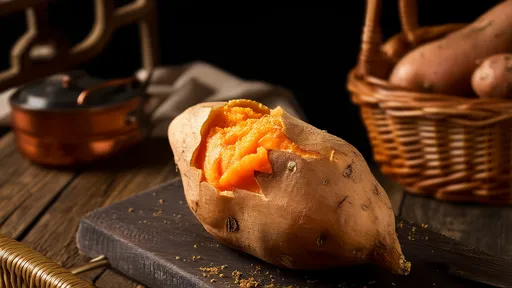
By /Jul 1, 2025

By /Jul 1, 2025
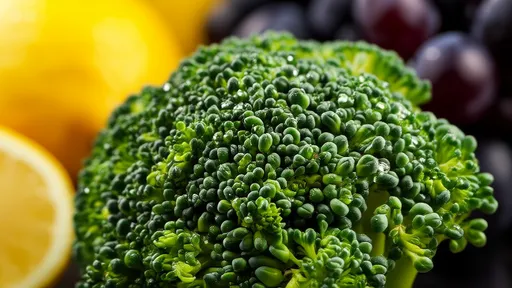
By /Jul 1, 2025
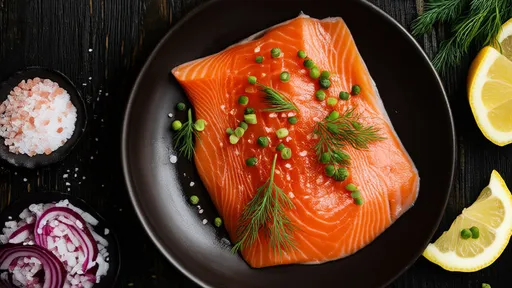
By /Jun 18, 2025

By /Jun 12, 2025
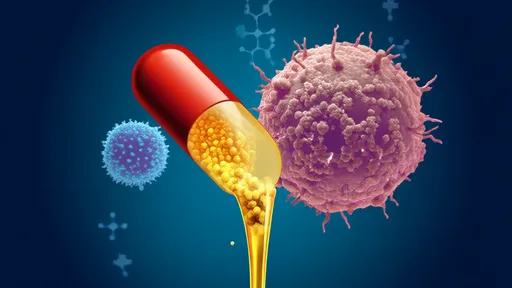
By /Jun 12, 2025
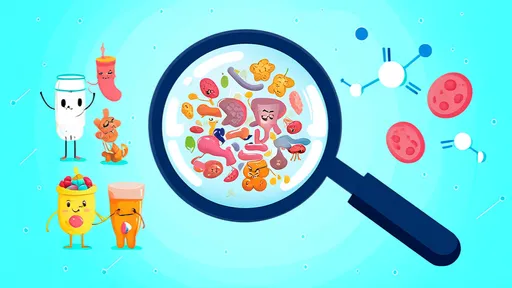
By /Jun 12, 2025